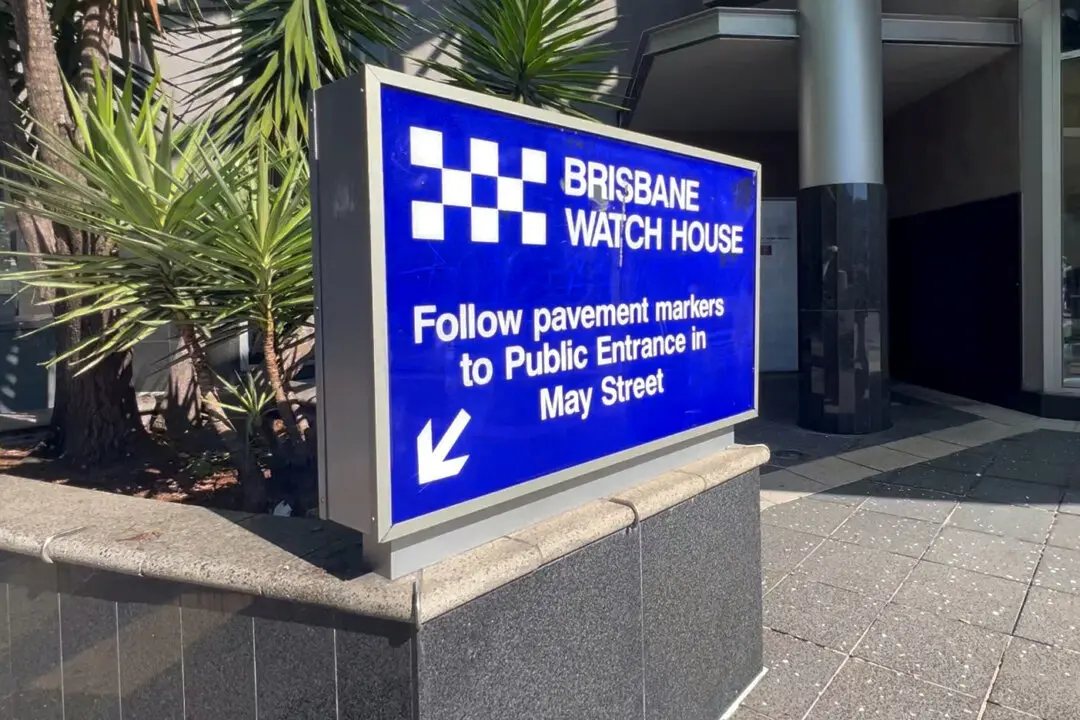The state opposition has aired concerns that an amnesty on general practitioner (GP) payroll tax set to expire next year could put an end to bulk-billing by doctors in Queensland.
Liberal National Party (LNP) Opposition Leader David Crisafulli raised the issue during the Nine network’s Great Debate on Oct. 3, suggesting Labor had plans to return the tax if re-elected.





